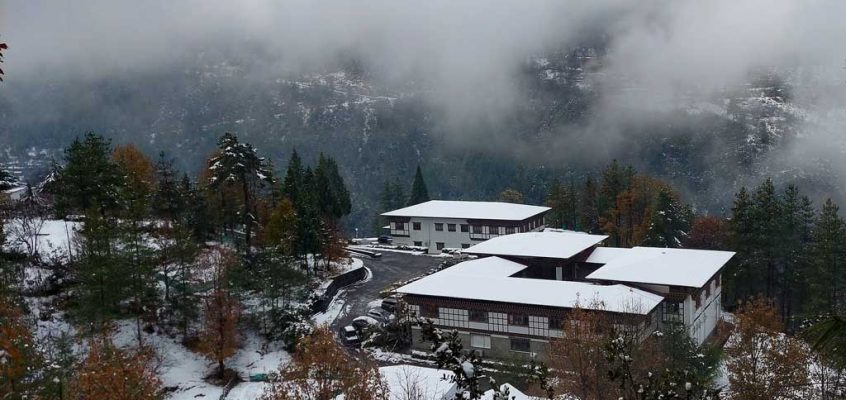Training of Trainers on Participatory Plant Breeding ongoing at Paro
The National Biodiversity Centre (NBC) is organizing the Training of Trainers on Participatory Plant Breeding from 30th September to 5th October 2013 at Paro for the on-farm conservation stakeholders from across the country. 21 participants comprising from Renewable Natural … Continued

